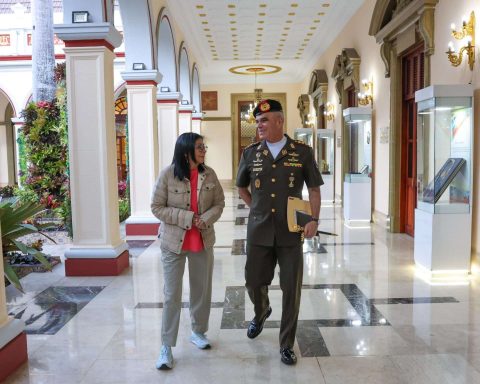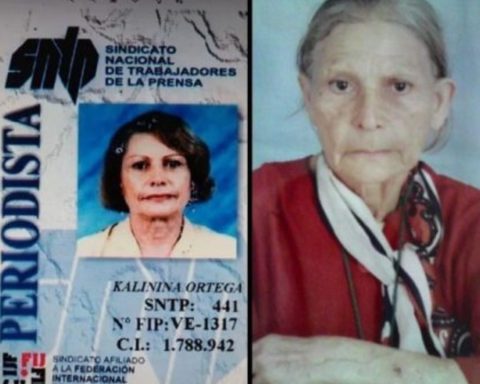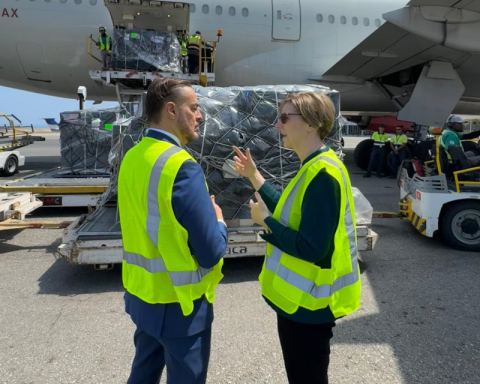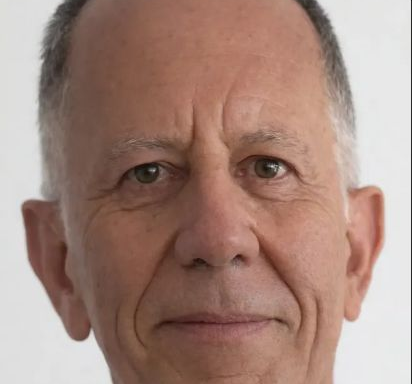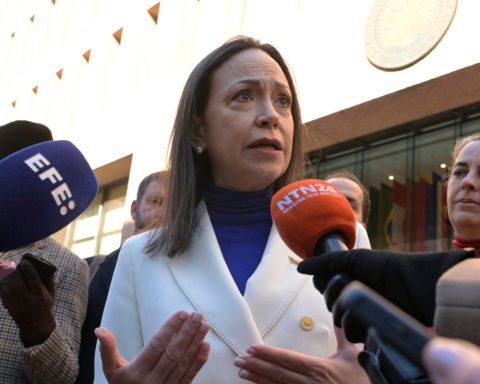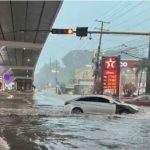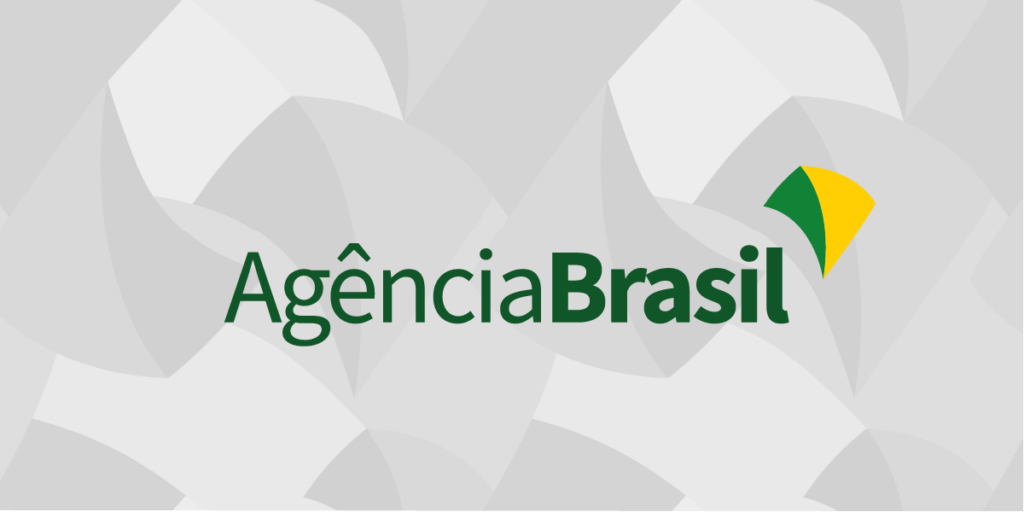This Wednesday, the workshop was held: The territorial dispute over Guayana Esequibaat the Bolívar Theater in Caracas, which was led by the Sector Vice President of Communication, Culture and Tourism, Freddy Ñáñez, and the Vice Minister of Communication Management of the Ministry of Communication and Information (Mippci), Isbemar Jiménez.
In this sense, the also Minister of Popular Power for Communication and Information, highlighted the need to build solid, firm, lucid and eloquent spokespersons for Guayana Esequiba.
“This is a battle that we have to win in all dimensions and in all arenas. Fundamentally, the most confusing and difficult scenario is usually the communication scenario, because in this field, enemies and those who are interested in clouding perception also participate in it,” he said.
He concluded by adding that on April 6, “the first battle took place on social networks: there was a central conversation and it was the defense of the territorial rights of Venezuela over Guayana Esequiba, however, that conversation was polarized: for a On the one hand, the majority of Venezuelans were united in affection, and on the other hand, a feeling of rage, that in some way they wanted to politicize the Essequibo issue, we found ourselves with the matrix of the enemy, but those messages remained encapsulated”.
For her part, one of the speakers, a professor at the Central University of Venezuela (UCV), Dr. Elsy Rosales, indicated that as professors, they have been studying this issue for many years: “Previously, we were not seen because the decision of the Republic has used its discretion to avoid misrepresentations that may affect this matter,” he stressed.
“However, after the matter has been prosecuted, there is no other choice but to show ourselves before the International Court of Justice (ICJ) and thus defend the rights. We have been working with a group of professors who are committed to Venezuela and Guayana Esequiba ”, he clarified.
The professor recounted that, in the year 1810, Venezuela had Guayana Esequiba as part of its territory, and that by the year 1841, the United Kingdom had its interest in the country’s wealth. In addition, Elsy Rosales alleged that the United Kingdom falsified maps and furtive expeditions to place mining camps.
He added that the Washington Treaty It would give the guidelines on how the arbitration and the trial would be, however, all the due processes were not fulfilled, and in 1899, Guayana Esequiba was taken from Venezuela.
He Geneva Agreement establishes that the Arbitral Award is null, and it is when it is decided that the way to resolve the territorial dispute is through an amicable agreement, acceptable and satisfactory to the parties.
Professor Dr. Carmelo Borrego also intervened in the workshop, adding that the only way to avoid the Court was for the two parties to agree to continue with the good offices “which clearly was not going to happen, and given the demand filed, Venezuela was notified and in June 2018 attended the meeting called by the president of the ICJ, at said meeting, the country stated its non-appearance, due to the lack of jurisdiction of the judicial instance.
It was possible to know that, in order to ratify the commitment in the defense of sovereignty and the protection of the historical rights over Guayana Esequiba, before the pronouncement issued by the International Court of Justice (ICJ), the agent of the Venezuelan State before this Court, Samuel Moncada, He affirmed that the corresponding entity promised to accept Venezuela’s reasons and later, continue with the trial.
VTV/YD/LL/FB
